During an unplanned road trip to Ilocos Norte last summer, I found myself at a local carinderia just as dawn was breaking. The aroma of something smoky and inviting drew me in, and that's when I first discovered Poki Poki, a dish that would forever change my breakfast game.
As I watched the cook expertly grill talong over an open flame and combine it with eggs, I knew I had to learn this recipe. It reminded me of tortang talong, but this Ilocano version had a rustic charm all its own.
The locals explained how the dish got its playful name from the "pok pok" sound made while mashing the eggplant, and I couldn't help but smile at how Filipinos always find joy in the simplest things.
After countless attempts to recreate that breakfast from Ilocos in my own kitchen, I've finally perfected this poki poki recipe that brings back memories of that morning.
It's become my go-to breakfast when I want something comforting yet special - perfect with steaming rice or crusty pandesal.
What is Poki Poki?
Poki-poki is a traditional Ilocano dish from Northern Philippines that combines grilled eggplant with eggs, creating a creamy, smoky mixture enhanced by aromatics like garlic, onions, and tomatoes. This humble yet beloved comfort food gets its distinctive name from the characteristic sound made while mashing the grilled eggplant, and it's typically served hot with rice, pandesal, or boiled bananas as a satisfying meal for any time of day. The cooking process involves carefully charring the eggplant to achieve a rich, smoky flavor before combining it with sautéed aromatics and beaten eggs to create a dish that's simultaneously rustic and refined.
Jump to:
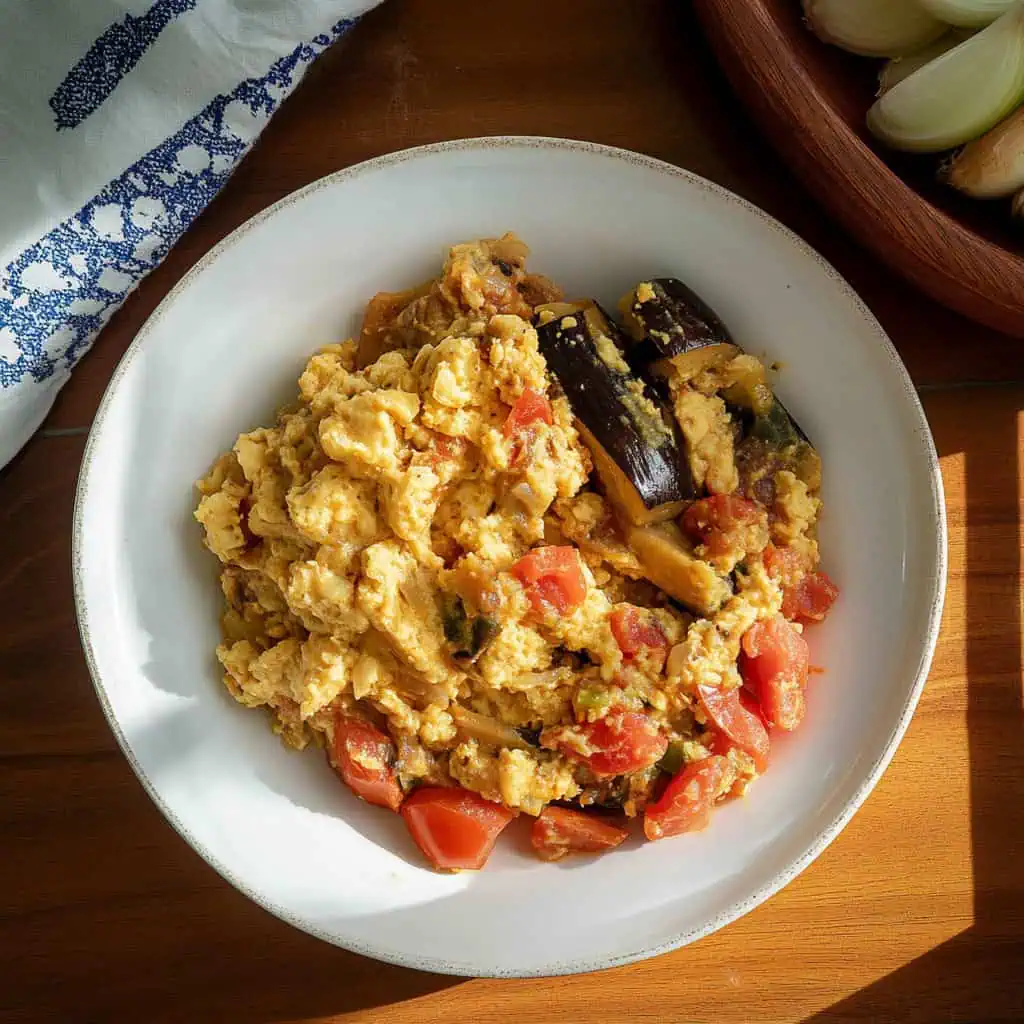
Why You'll Love This Recipe
- Perfectly smoky flavor from traditional grilling method
- Budget-friendly yet protein-rich family meal
- One-pan cooking for easy cleanup
- Versatile dish perfect for breakfast, lunch, or dinner
- Authentic Ilocano home cooking experience
Ingredients
The ingredients in Poki Poki are carefully chosen to create a harmonious blend of flavors and textures. Eggplants provide a meaty base with their ability to absorb smoky flavors when grilled, while eggs add protein and create a creamy binding texture.
Tomatoes contribute natural sweetness and acidity that balances the dish, while onions and garlic form the aromatic foundation that's essential in Filipino cooking. This combination represents Ilocano culinary wisdom - transforming affordable, readily available ingredients into a nutritious, satisfying meal with complex flavors that far exceed the simplicity of its components.
Each ingredient plays a vital role in achieving the perfect balance of smokiness, creaminess, and savory depth that makes Poki Poki so beloved.

- 4 large eggplants
- 4 eggs, beaten
- 4 tomatoes, quartered
- 1 medium onion, finely diced
- 2 cloves garlic, minced
- Salt and pepper to taste
- 2 tablespoons cooking oil (optional)
Equipment Needed
- Grilling rack or stovetop grill - Essential for achieving that authentic smoky flavor by charring the eggplants directly over fire
- Large skillet or kawali - Used for combining and cooking all ingredients together
- Sharp knife and cutting board - For precise preparation of ingredients
- Wooden spatula - Perfect for mashing the eggplant and stirring the mixture without damaging your pan
- Mixing bowl - For beating eggs before adding them to the mixture
- Tongs - Helpful for rotating eggplants safely while grilling
- Kitchen gloves - Optional but useful when handling hot eggplants
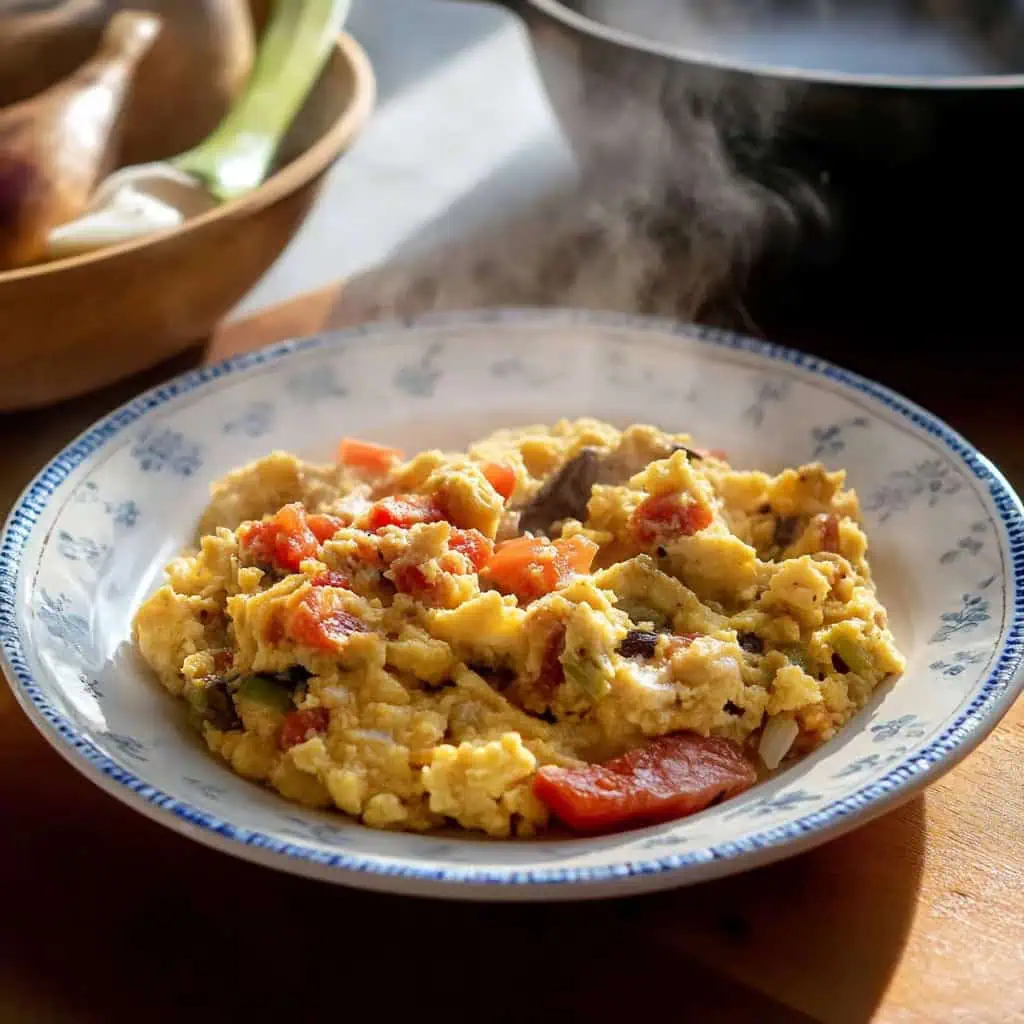
How To Make
- Set your grill to medium-high heat (375°F/190°C). While waiting for it to heat up, crack your eggs into a bowl and beat them well. Set aside.
- Take your whole eggplants and place them directly on the grill. Let them cook for about 3-4 minutes, then turn them over. Keep turning them every few minutes until the skin is completely charred and blackened all over. This usually takes 10-15 minutes. You'll know they're done when they feel very soft when you press them gently. Set them aside to cool until you can handle them comfortably.
- While the eggplants are cooling, heat your pan over medium heat (350°F/175°C). Add your oil if using. Once the pan is hot, add your minced garlic. Let it cook until it turns light golden brown and smells fragrant, about 1-2 minutes.
- Add your diced onions to the garlic. Stir them around and cook until they become clear and soft, about 3-4 minutes. Now add your quartered tomatoes and cook them until they become soft and a bit mushy, about 5-6 minutes.
- By now your eggplants should be cool enough to handle. Peel off the charred skin - it should come off easily. Don't worry if a few black bits remain, they add to the smoky flavor.
- Add your peeled eggplants to the pan with the garlic, onions, and tomatoes. Using your wooden spatula, gently mash the eggplants while they cook. Keep cooking and mashing for about 5 minutes.
- Now comes the important part - pour your beaten eggs evenly over the eggplant mixture. Let them sit for just a few seconds, then gently stir everything together. Keep stirring slowly until the eggs are just set but still look creamy, about 3-4 minutes.
- Add your salt and pepper to taste. Give everything one final gentle stir and cook for another 2-3 minutes until it reaches your preferred level of dryness.
- Take the pan off the heat and let your Poki Poki rest for 2 minutes before serving. This helps the flavors come together perfectly.
- Serve hot with rice, pandesal, or your preferred side dish. For extra flavor, serve with a side of spiced vinegar.

Tips from Lola's Kitchen
- Select the right eggplants - Choose firm, glossy eggplants with smooth skin. They should feel heavy for their size, indicating freshness.
- Char completely - Don't rush the grilling process as properly charred skin gives the authentic smoky flavor that defines this dish.
- Strike while hot - Mash eggplants while still warm for easier incorporation and better texture.
- Beat eggs thoroughly - Whisk eggs until they're completely uniform for a fluffier final texture.
- Low and slow - Cook the egg mixture on medium-low heat for a creamier texture rather than scrambling it quickly.
- Season gradually - Add salt in stages rather than all at once to ensure even distribution of flavor.
- Rest before serving - Allowing the dish to rest for 2-3 minutes helps flavors meld together beautifully.
- Taste as you go - Adjust seasoning throughout the cooking process for perfect balance.
Substitutions
- Eggplant varieties - Japanese eggplants work well but you'll need 6-8 instead of 4 large ones.
- Onion options - Red onions can replace white for a slightly sweeter flavor profile.
- Add color and nutrition - Bell peppers can be added with the tomatoes for extra vitamins and visual appeal.
- Lighter version - Use egg whites only (6-8) instead of whole eggs for reduced calories.
- Aromatic enhancement - Green onions can replace or supplement regular onions for a different flavor dimension.
- Tomato alternatives - When tomatoes aren't in season, 2 tablespoons of tomato paste diluted with 3 tablespoons water works in a pinch.
- Oil choices - Olive oil adds a distinctive flavor, while coconut oil brings a subtle tropical note.
Troubleshooting
- Too watery? Cook longer on medium-low heat to evaporate excess moisture. You can also try removing some of the tomato seeds before cooking.
- Eggs cooking too quickly? Lower heat immediately and stir constantly to prevent scrambling. If necessary, temporarily remove the pan from heat.
- Not smoky enough? Ensure eggplants are thoroughly charred before peeling. You can also add a drop of liquid smoke as a last resort.
- Eggplant too bitter? Salt the mashed eggplant and let sit for 5 minutes, then squeeze out bitter juices before continuing with the recipe.
- Uneven texture? Take more time mashing the eggplant uniformly before adding eggs.
- Sticks to the pan? Use a non-stick pan or add a bit more oil to prevent sticking.
- Too bland? Add salt gradually, tasting as you go. Consider adding a sprinkle of MSG or fish sauce for umami boost.
Storage & Reheating
- Refrigeration - Store in an airtight container in the refrigerator for up to 3 days. Press plastic wrap directly onto the surface to prevent discoloration.
- Microwave reheating - Reheat in microwave for 1-2 minutes, stirring halfway through. Add a sprinkle of water if it seems dry.
- Stovetop reheating - Reheat in pan over medium-low heat for 3-5 minutes, stirring occasionally. Add a splash of water or a teaspoon of oil to revitalize texture.
- Not recommended for freezing - The egg texture will deteriorate and the vegetables may become mushy upon thawing.
- Room temperature - Can be served at room temperature as part of a Filipino breakfast spread, but don't leave out for more than 2 hours.
- Meal prep idea - Grill and peel eggplants ahead of time and refrigerate for up to 2 days to make preparation faster.

FAQ
Why is it called Poki-poki?
The name comes from the sound ("pok pok") made when mashing the grilled eggplant with a wooden spatula against the cooking pan - a wonderful example of Filipino onomatopoeia in cooking.
Can I make this ahead of time?
Yes, you can prepare this dish 1-2 days ahead and refrigerate, though it's best enjoyed freshly made. Reheat gently to maintain the creamy texture.
Is this dish vegetarian?
Yes, Poki Poki is vegetarian, containing only vegetables and eggs. However, it's not vegan due to the use of eggs.
Can I grill the eggplant on a stovetop if I don't have an outdoor grill?
Absolutely! Place eggplants directly over a gas flame on your stovetop, turning frequently with tongs for even charring. For electric stoves, a heavy cast iron pan works well.
How do I know when the eggplant is properly grilled?
The skin should be completely blackened and blistered, and the eggplant should feel very soft when gently pressed. It typically takes 10-15 minutes.
Can I add meat to this dish?
While the traditional version is vegetarian, some modern variations include ground pork or flaked tinapa (smoked fish) for added protein and flavor.
How spicy is this dish?
The traditional recipe isn't spicy, but you can easily add chopped chili peppers or red pepper flakes to taste if you prefer heat.
Is Poki Poki healthy?
Yes! Eggplants are low in calories but high in fiber and nutrients. The dish is relatively low in fat, especially if you limit the cooking oil.
What's the difference between Poki Poki and Tortang Talong?
While both use grilled eggplant and eggs, Tortang Talong keeps the eggplant whole and coats it with beaten eggs to make an omelet-like dish. Poki Poki mashes the eggplant and mixes it with eggs and other ingredients for a scrambled texture.
Can children eat this dish?
Absolutely! Poki Poki is mild in flavor and soft in texture, making it perfect for children. It's also a great way to get kids to eat vegetables.
Related
Looking for other recipes like this? Try these:

Poki Poki (Ilocano Eggplant and Egg Dish)
Equipment
- Grilling rack or stovetop grill (para sa pag-ihaw) for achieving that essential smoky flavor
- Large skillet or kawali for combining and cooking ingredients
- Sharp knife and cutting board for ingredient preparation
- Wooden spatula (pangkayod) for mashing eggplant and stirring
Ingredients
- 4 large eggplants talong
- 4 eggs itlog, beaten
- 4 tomatoes kamatis, quartered
- 1 medium onion sibuyas, finely diced
- 2 cloves garlic bawang, minced
- Salt asin and pepper (paminta) to taste
- 2 tablespoons cooking oil optional
Instructions
- First, set your grill to medium-high heat (375°F/190°C). While waiting for it to heat up, crack your eggs into a bowl and beat them well. Set aside.
- Take your whole eggplants and place them directly on the grill. Let them cook for about 3-4 minutes, then turn them over. Keep turning them every few minutes until the skin is completely charred and blackened all over. This usually takes 10-15 minutes. You'll know they're done when they feel very soft when you press them gently. Set them aside to cool until you can handle them comfortably.
- While the eggplants are cooling, heat your pan over medium heat (350°F/175°C). Add your oil if using. Once the pan is hot, add your minced garlic. Let it cook until it turns light golden brown and smells fragrant, about 1-2 minutes.
- Add your diced onions to the garlic. Stir them around and cook until they become clear and soft, about 3-4 minutes. Now add your quartered tomatoes and cook them until they become soft and a bit mushy, about 5-6 minutes.
- By now your eggplants should be cool enough to handle. Peel off the charred skin - it should come off easily. Don't worry if a few black bits remain, they add to the smoky flavor.
- Add your peeled eggplants to the pan with the garlic, onions, and tomatoes. Using your wooden spatula, gently mash the eggplants while they cook. Keep cooking and mashing for about 5 minutes.
- Now comes the important part - pour your beaten eggs evenly over the eggplant mixture. Let them sit for just a few seconds, then gently stir everything together. Keep stirring slowly until the eggs are just set but still look creamy, about 3-4 minutes.
- Add your salt and pepper to taste. Give everything one final gentle stir and cook for another 2-3 minutes until it reaches your preferred level of dryness.
- Take the pan off the heat and let your Poki Poki rest for 2 minutes before serving. This helps the flavors come together perfectly.
- Serve hot with rice, pandesal, or your preferred side dish. For extra flavor, serve with a side of spiced vinegar (suka at sili).
Tips from Lola's Kitchen
- Choose firm, glossy eggplants for best results
- Don't rush the grilling process - properly charred skin gives the authentic smoky flavor
- Mash eggplants while still warm for easier incorporation
- Beat eggs well for fluffier texture
Nutrition
The Story Behind Poki Poki
Poki-poki, a beloved traditional Ilocano recipe from Northern Philippines, tells a story of resourcefulness and culinary ingenuity that has been passed down through generations of Filipino families. This humble eggplant dish originated in the Ilocos region, where locals masterfully transformed simple ingredients into satisfying meals that could feed entire families during both lean and prosperous times.
The dish's charming name comes from the distinctive "pok-pok" sound made when cooks mash the grilled eggplant with wooden spatulas against their cooking pans. This onomatopoeia, typical of Filipino food naming traditions, reflects the playful nature of our culture even in everyday cooking. Like many cherished Filipino recipes, poki-poki started in home kitchens, where Ilocano mothers and grandmothers would prepare it during eggplant season when the vegetables were plentiful and affordable.
What sets poki-poki apart from other Filipino eggplant dishes like tortang talong is its unique preparation method. While both dishes feature grilled eggplant and eggs, poki-poki incorporates the eggs differently, creating a more rustic, home-style dish that captures the essence of Ilocano cooking. The combination of smoky grilled eggplant, fresh tomatoes, aromatic garlic, and eggs has made this dish a staple in Ilocano households and increasingly popular throughout the Philippines.
Today, poki-poki represents more than just a recipe - it's a testament to the Ilocano tradition of transforming simple ingredients into flavorful, nutritious meals. As more people discover this regional specialty, it continues to gain recognition alongside other beloved Ilocano dishes like pinakbet and bagnet, showcasing the rich culinary heritage of Northern Philippines. Whether served for breakfast with hot rice, as a hearty lunch, or a comforting dinner, poki-poki remains true to its humble origins while earning its place as a cherished part of Filipino cuisine.


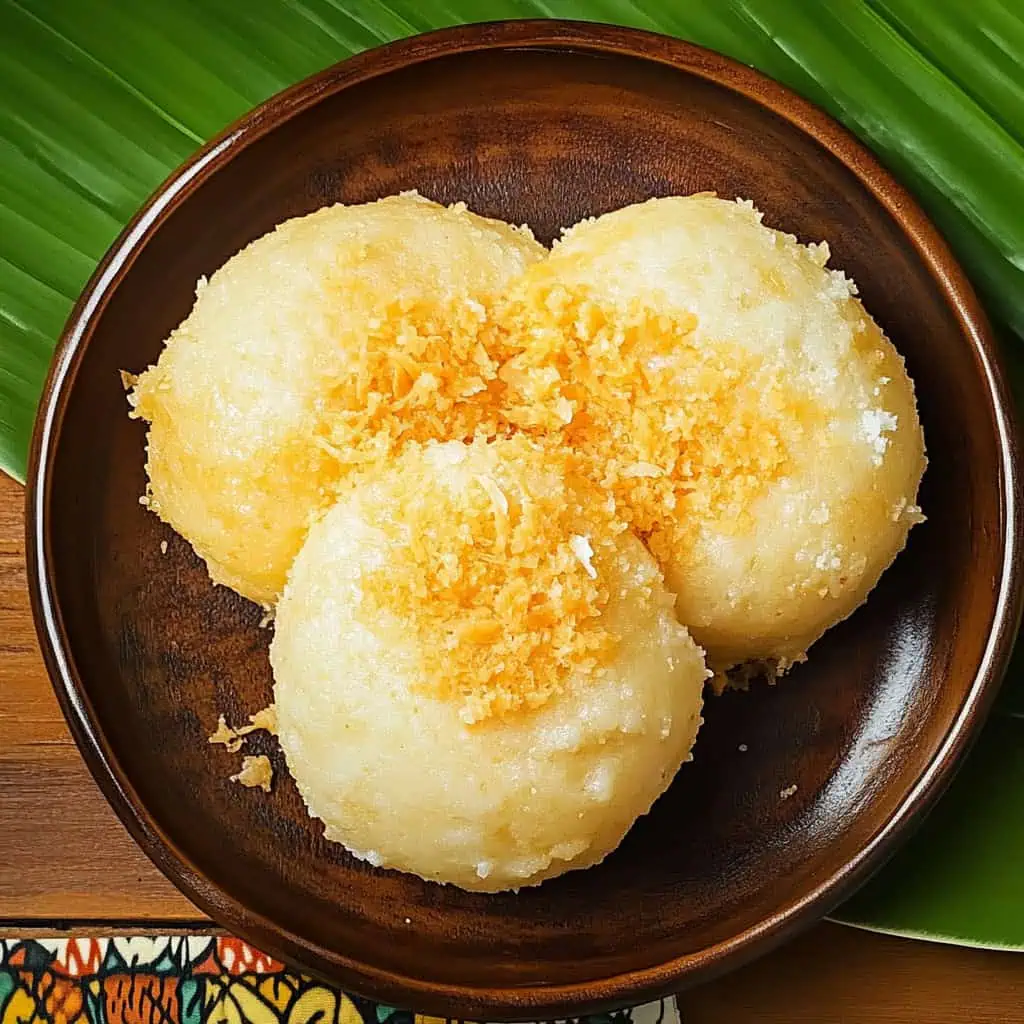
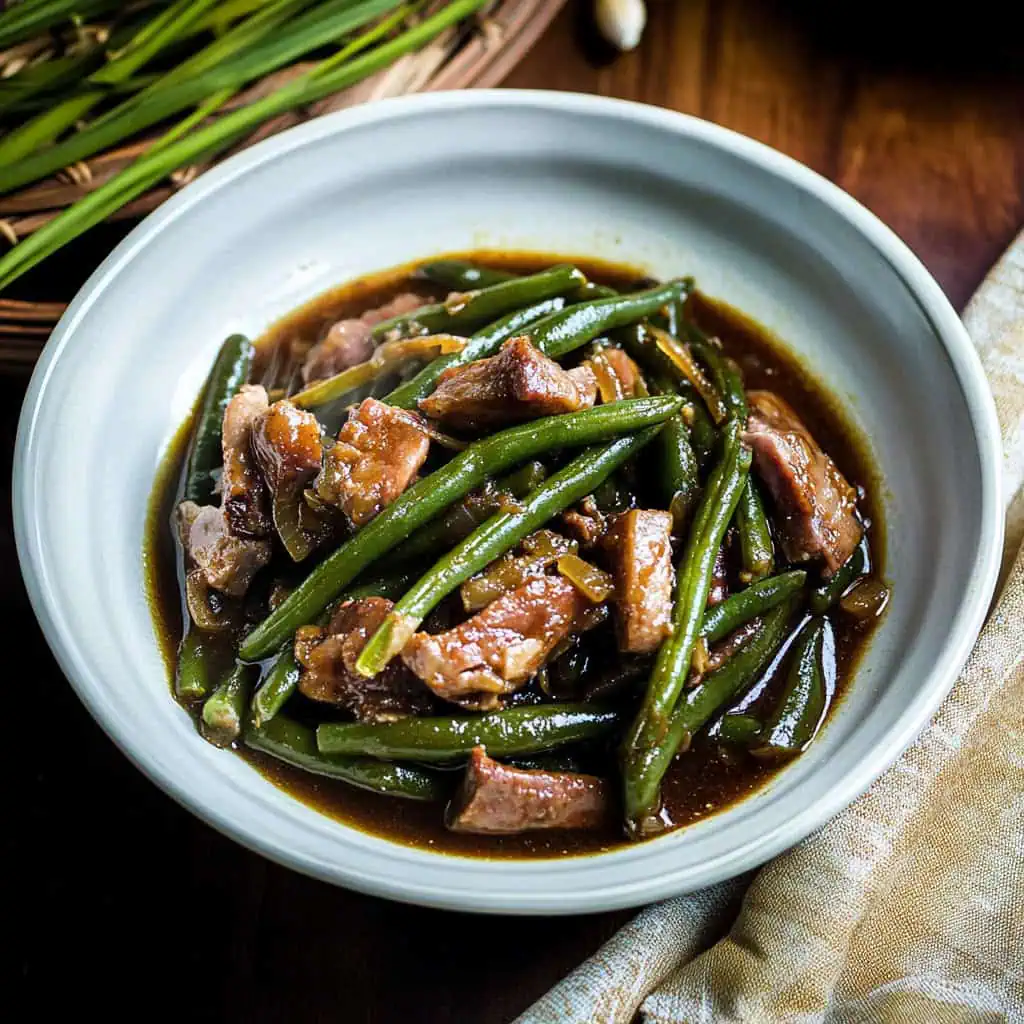

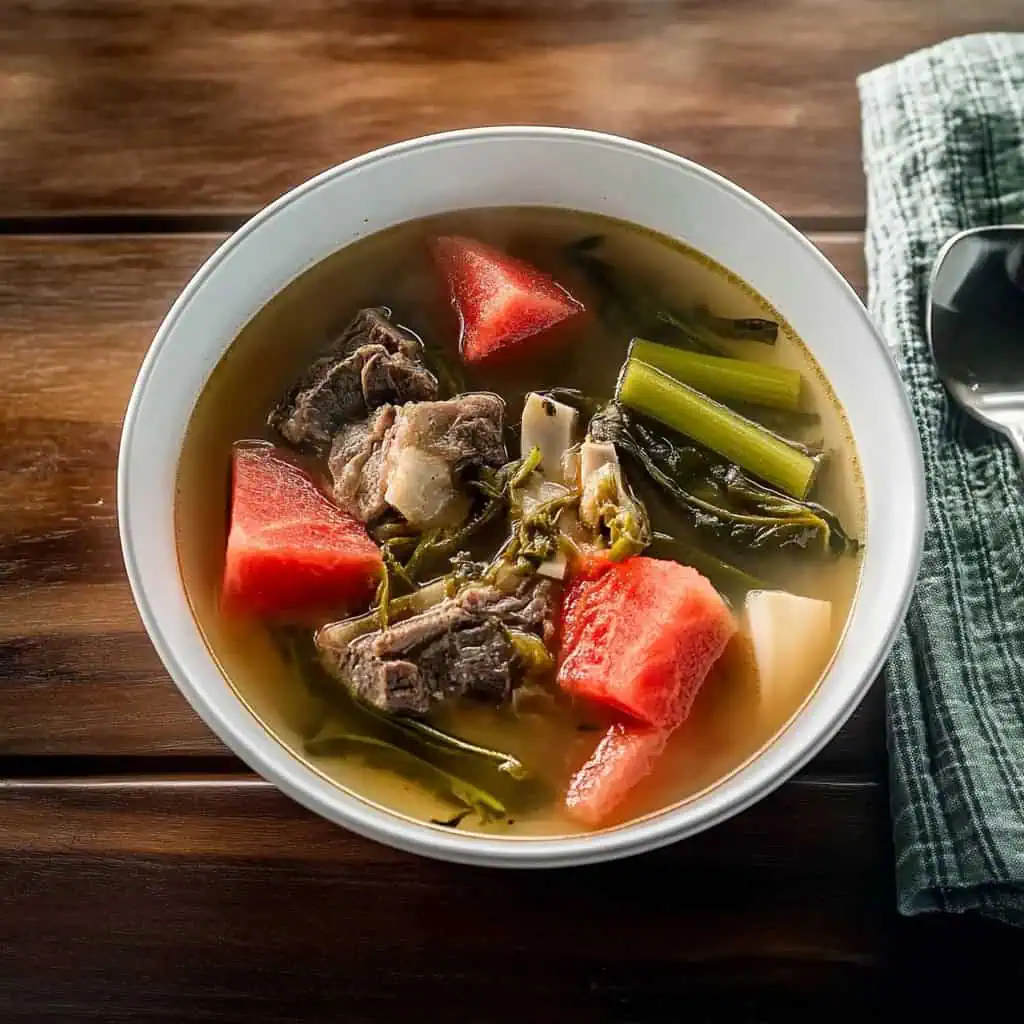
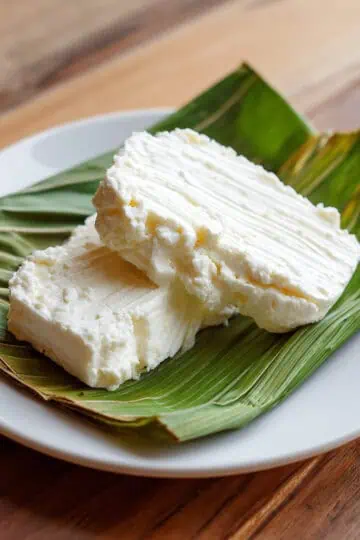
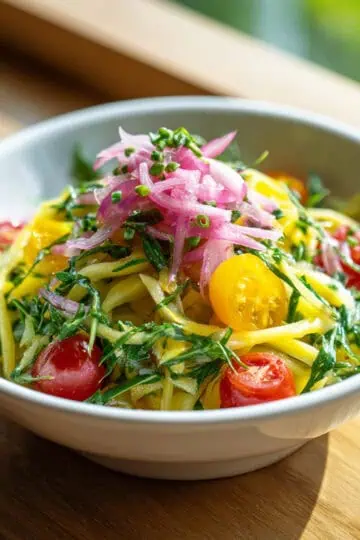
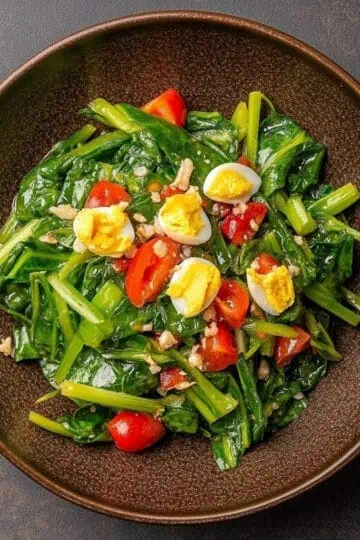

Comments
No Comments